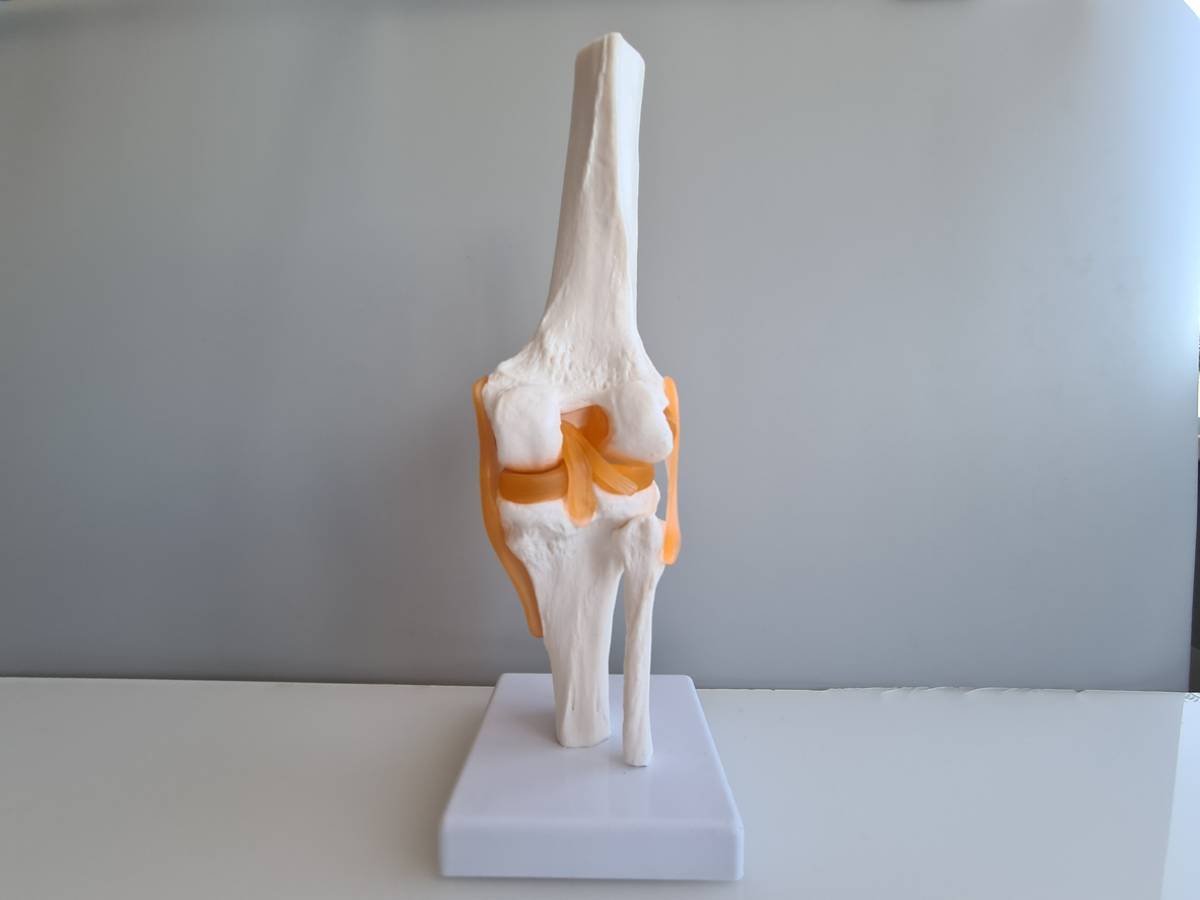One of the most effective procedures for people who are suffering from severe arthritis, injury, or degenerative joint conditions is joint replacement surgery. This particular procedure can restore mobility, offer relief from chronic pain, and greatly improve quality of life. If you think you might benefit from joint replacement surgery, one of the questions you may want to ask your podiatrist is: How long does it take to recover from joint replacement?
How Long Does It Take to Recover from Joint Replacement?
In general, here is a typical recovery experience.
The First Six Weeks
This time is the most intensive phase of the recovery process. Patients usually experience:
- Swelling and soreness around the surgical area
- Limited mobility that may require the use of a walker or cane
- Daily exercises and physical therapy sessions to rebuild strength and range of motion.
Many patients are usually able to resume light daily activities such as walking short distances, bathing independently, and preparing simple meals after 3 to 6 weeks.
Heavy lifting, high-impact exercises, and long walks should be avoided.
Three to Six Months
Many patients experience significant improvement in mobility and pain reduction at this time. The key to regaining independence during this period is consistent physical therapy.
- Hip replacement patients are usually able to drive after 4 to 6 weeks, as long as they are no longer taking narcotic pain medications and can safely operate a vehicle.
- Knee replacement patients may take 6 to 8 weeks before finally being able to return to driving comfortably.
- Office workers may return to work after 6 to 12 weeks, while those with physically demanding jobs may require 3 to 6 months of recovery before returning to work.
Many patients may also already enjoy low-impact activities at this time, like swimming, cycling, or walking long distances.
Six Months to One Year
Many patients usually feel better after 3 to 6 months, although it usually takes 6 months to 1 year to fully recover. During this time:
- The joint continues to grow stronger
- Scar tissue becomes less noticeable
- Energy levels improve
Most patients report feeling normal and pain-free at the one-year mark. However, for some patients who have suffered from joint damage for many years, rebuilding muscle strength and flexibility may take longer.
Factors that Affect Recovery Time
Remember that every patient is unique, so not everyone heals at the same pace. Several factors can affect recovery, including:
Type of Joint Replaced
Hips usually recover faster than knees, while the required rehabilitation timeline for shoulders and elbows is different.
Age and Overall Health
Younger and healthier individuals are expected to recover faster compared to older patients with chronic illness.
Pre-surgery Fitness
Patients who strengthened their muscles before surgery usually enjoy a smoother recovery compared to patients who didn’t.
Adherence to Rehabilitation
Therapy exercises greatly help in restoring motion, rebuilding strength, and ensuring that the new joint works correctly. Being consistent in following these exercises can significantly speed up recovery.
Lifestyle Choices
Being intentional in your lifestyle choices, like choosing to have a balanced diet, avoiding smoking, and maintaining a healthy weight, can improve healing.
Tips for a Smooth Recovery
Stay active while still following your surgeon’s instructions. Bear in mind that although movement promotes healing, overexertion causes setbacks.
- Commit to physical therapy. Consistency is crucial to regaining strength and mobility.
- Prioritize hydration and nutrition.
- Vitamins and minerals help to make your bones and tissues healthy.
- Do not be in a rush to abandon your canes or walkers, as they prevent falls and keep your movement safe.
- Be patient. Trust the process. You are a unique individual, so comparing yourself with other patients will only discourage you.
The recovery from joint replacement surgery requires dedication, patience, and support. Although most patients resume normal activities between 3 and 6 months, full recovery can take up to one year. Despite the long recovery process, joint replacement surgery has a very high success rate with proper care and rehabilitation. It is a procedure that can give patients a new and pain-free life.
If you are considering joint replacement surgery, discussing your specific case with a licensed surgeon can help you understand what to expect during the recovery process and put you in the right mindset for your healing journey. Schedule an appointment with us today, and look forward to a pain-free life of mobility and independence.


